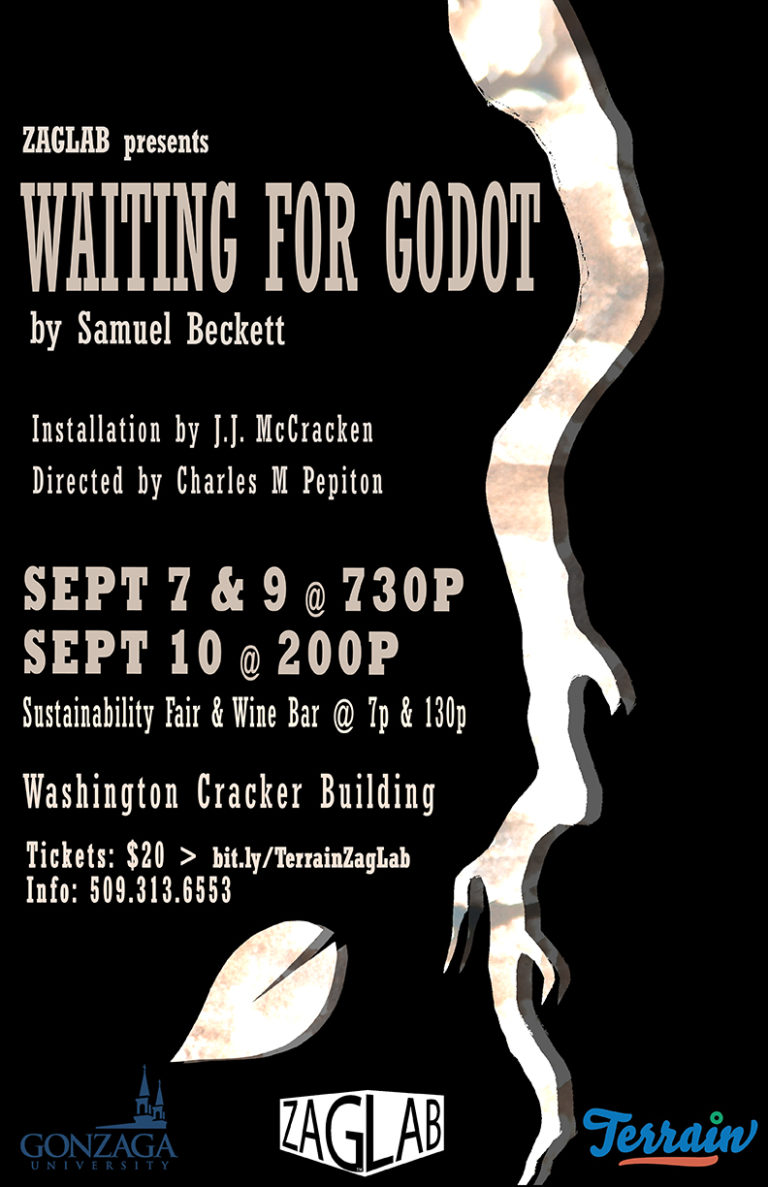

They feel their life is burdensome: "To every man his little cross.Till he dies.And is forgotten." And they are not even certain if it were the same place they were before. Estragon says to Vladimir: "Don't touch me! Don't question me! Don't speak to me! Stay with me!" They try to remember if it was really yesterday when they came to that place. They are strange in their behaviour, the two of them are always at odds but they would never like to part. Through such paired characters, Beckett is considering Man's condition, both his "existence" and his inevitable cessation, all a mystery in that their "purpose" is inexpressible.Act II, Part-I Detailed Summary of Waiting for Godot: "Waiting for Godot" by Samuel Becket When combined with the master-slave relationship of Pozzo and Lucky, we discern that the mind is, or thinks it is, the master and the body is the mind's slave. The most obvious example of this duality is in the details of Didi's attention to hats (mental) and Gogo's attention to boots and food (the body). However they bicker or condemn each other, they need each other to function correctly, and whenever their relationship is in danger, they cease to function normally.Īll current Beckett scholars see these pairings as a dramatic embodiment of the two parts of the human condition: the body as part of the physical world, and the mind as part of the abstract or mental perception of the world. They never seem to agree on much or even get along very well, but still seem to be two parts of a single person. Overall, the relationship of Pozzo and Lucky seems to be a necessary evil. In this new situation, it is less clear which character leads the other, or if either one is truly in control. The very next day, when the two appear again, the rope between them is significantly shorter so that the now-blind Pozzo may find his way. Their relationship, however, does not stagnate at this point. References to their relationship are generally couched in rope images. Irritated by one another, they still must function together. The ambivalence of Pozzo's and Lucky's relationship in Waiting For Godot resembles most human relationships. Theirs is also a relationship of intertwinement and dependence, but one of master and slave, of servitude, inequality, and dominance. The relationship of Vladimir and Estragon is contrasted with that of Pozzo and Lucky, who represent the antithesis of friendship. Through the pairing of Gogo and Didi the play emphasizes the fact that the minimal unit of the human is not the one, but the two, and though the picture is a bleak, unsettling, and painful meditation upon our shared loneliness in the absence of Godot, the fact that we share this loneliness, this eternal waiting, with our friend is what can possibly turn our cries into laughter and our ontological loneliness into love. Worse than waiting is waiting alone, and loneliness is a form of blindness and invisibility, not seeing or being seen. They consider the option of leaving each other but never actually part. Estragon is "child-like" and carefree whereas Vladimir is more grown up and usually the decision-maker. One critic observes, "As members of a cross-talk act, Vladimir and Estragon have complementary personalities". Vladimir and Estragon seem to have two modes of existence: together and by themselves.

The three sets of foils (two characters that complement each other) in Waiting for Godot display how dualities within a person are necessary to form a complete being.Ĭharacterization is the key in establishing the theme of Waiting for Godot. Moreover, the Pozzo-Lucky pair acts as a counterfoil to the Vladimir-Estragon pair. This pairing also emphasizes his theme of human dependency. Vladimir's positivity and maturity contrasts Estragon's negativity and emotion Pozzo's high authority and confidence contrasts Lucky's low authority and inconfidence the boy's good fortune is a foil to his brother's misfortune. This concern is served by grouping his characters in pairs.

In Waiting for Godot, we have such characteristic polarities as sight versus blindness, life–death, time present–time past, body–intellect, waiting–not waiting, ruler-ruled, going–not going, and dozens more. One of Samuel Beckett's main concerns is the polarity of existence. In addition, the pair of boys who come at the end of each act to announce that Godot will yet again fail to show up are interchangeable brothers whom Vladimir cannot distinguish between. Pozzo and Lucky are so closely paired that they are connected with a rope. Indeed, the main characters Vladimir and Estragon seem like twins. All the characters in the play are paired. Throughout Waiting for Godot Beckett utilizes pairing or doubling of characters.


 0 kommentar(er)
0 kommentar(er)
